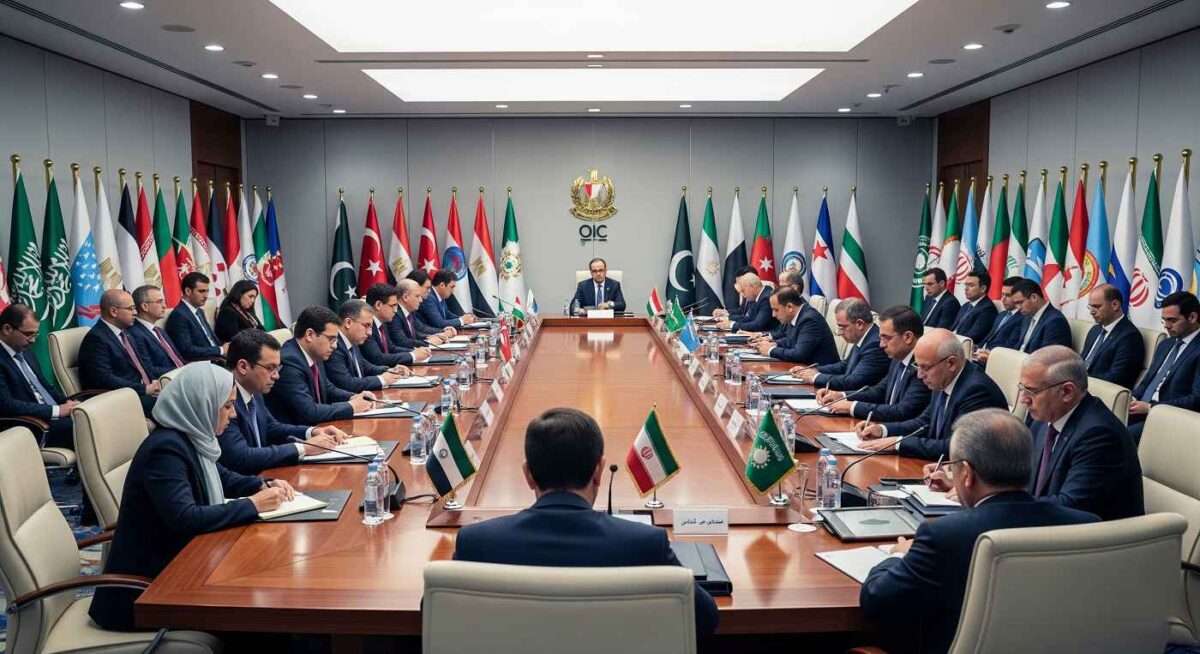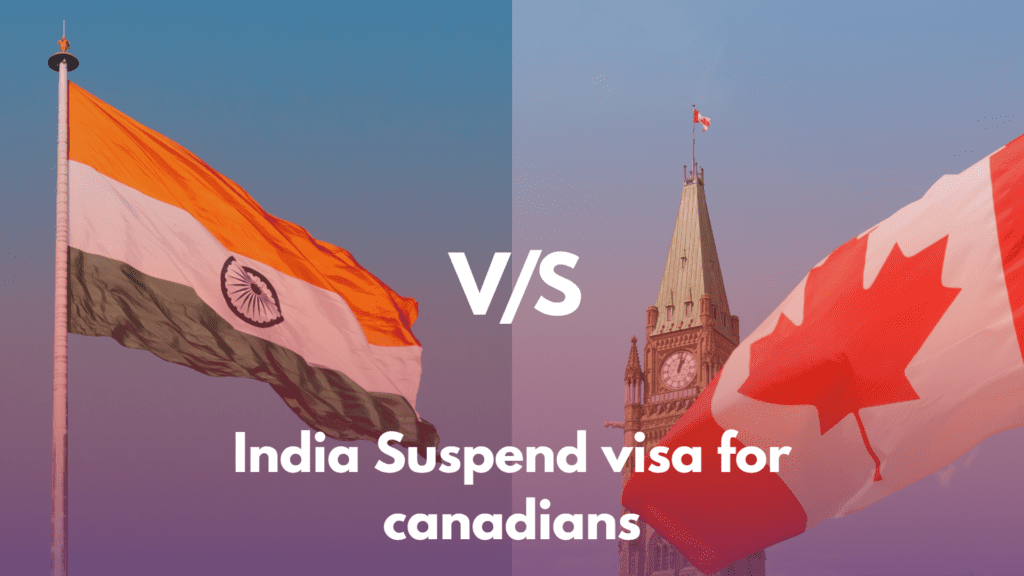OIC and Arab League Mobilize After Doha Strike
Leaders from the 57-member Organisation of Islamic Cooperation (OIC) and the 22-member Arab League met in Doha on September 15, 2025 in an extraordinary summit where they adopted a united stance together against Israel. The gathering was called after an Israeli airstrike in Doha on September 9 that killed six people, including five Hamas members and a Qatari security officer.
In a final joint communique, member states condemned the attack as a violation of sovereignty and demanded that Israel be held accountable under international law. They called on all nations to review economic and diplomatic relations with Israel, consider legal proceedings, and consider measures like an arms embargo.
Background: What Sparked the Summit
The summit in Doha was prompted by Israel’s strike on Doha, which targeted a residence housing a delegation of Hamas negotiators amid ceasefire discussions. Qatar and other nations argued that the strike undermines mediation efforts.
Foreign ministers from both the OIC and the Arab League held preparatory meetings before the actual heads of state joint session. They drafted resolutions and statements highlighting shared priorities: defending sovereignty, ensuring regional stability, and promoting legal accountability.
Key Statements & Strategic Goals
Qatar’s Emir, Sheikh Tamim bin Hamad Al Thani, described the strike as “blatant, treacherous, and cowardly,” emphasizing that it struck a venue meant for mediation discussions.
The final communique adopted at the summit urged member states to:
- Review diplomatic and economic ties with Israel.
- Initiate legal proceedings under international law.
- Consider withdrawing Israel’s status in international bodies, including freezing its membership or limiting cooperation.
There was no unanimous agreement on sanctions or military action, reflecting divisions among member states, especially those with normalization agreements with Israel.
Implications: Regional Dynamics & Global Diplomacy
The call together against Israel signals a shift in rhetoric for many countries—some of which had recognized or established ties with Israel under the Abraham Accords.
Experts warn that while words carry weight, actual changes—sanctions, economic disengagement, legal challenges—require coordination and may strain relations with Western nations that continue strong ties with Israel. The United States remains a critical diplomatic player, and pressure from these coalitions could complicate its efforts in the Middle East.
For many citizens in affected states, the summit may offer symbolic support and hope. For governments, it forces reconsideration of foreign policy, balancing national interest, security cooperation, and regional solidarity. Humanitarian concerns in Gaza, along with ceasefire negotiations, are likely to dominate forthcoming discussions.
FAQs
It refers to a joint stance by the 57-member OIC and 22 Arab League countries, condemning Israel’s airstrike in Doha and calling for diplomatic, legal, and economic responses.
The catalyst was the Israeli attack on Doha on September 9, targeting Hamas negotiators during ceasefire discussions, which killed six people. The strike was seen as undermining mediation efforts and violating Qatari sovereignty.
Member states committed to reviewing diplomatic and economic relations with Israel, initiating legal proceedings, and considering measures like arms embargoes. However, no unified sanctions or military action was adopted.
Sources: Turkey today
Al Jazeera









